
Stick your tablet on the railroad tracks with the Griffin and Rail Yard Studios tablet stands
As a child, I was obsessed with the railroad tracks. We lived very close to them, so it was a great place to hang around with friends and pass the time. One of our favorite things was to put pennies on the tracks so they would get flattened. Sure, it was a silly thing, but to a kid, it is the coolest thing ever.
Now that I am an adult, hanging out on the tracks would be weird, as that is mostly reserved for grown-ups that are up to no good. Luckily, thanks to Griffin, I can now relive my youth with the all-new Rail Yard Studios tablet stands. You see, these are made from actual decommissioned railroad steel!

Google to harness the power of nature using windmills for new data center
There are many great ways to generate energy, such as using oil and coal. However, as society trends towards going "green", we see renewable energy being embraced too, such as solar, ocean waves and wind. Wind in particular is interesting, as it has been used for over a thousand years. Many people associate windmills with the Dutch, but many societies, including the USA, use modern versions today.
Google is one of the most forward-thinking companies, on the forefront of technology, and surprisingly, it too will be harnessing the power of wind for a new Dutch data center. In other words, even though the wind blows, Google's use of windmills does not.
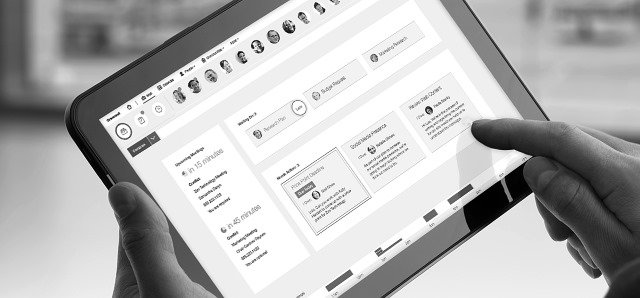
IBM Verse aims to transform email with advanced analytics and a social focus
There are now many names vying to control your inbox. It is not enough to have your email delivered to the inbox of your choice now the battle is to present email in the most understandable, the most accessible, and the least cluttered way possible. IBM Verse is the latest kid on the block, as it looks to divert attention away from Google Inbox and Microsoft Clutter.
Billed as a "new way to work", IBM Verse is more than just another inbox tool -- it is a combination tool that manages email, tasks, collaboration and more. It clearly has enterprise markets in its sights as it brings communication, tasks, sharing and social features under one roof. To further differentiate it from other comparable services, IBM Verse uses advanced analytics to completely tailor itself for individual users.
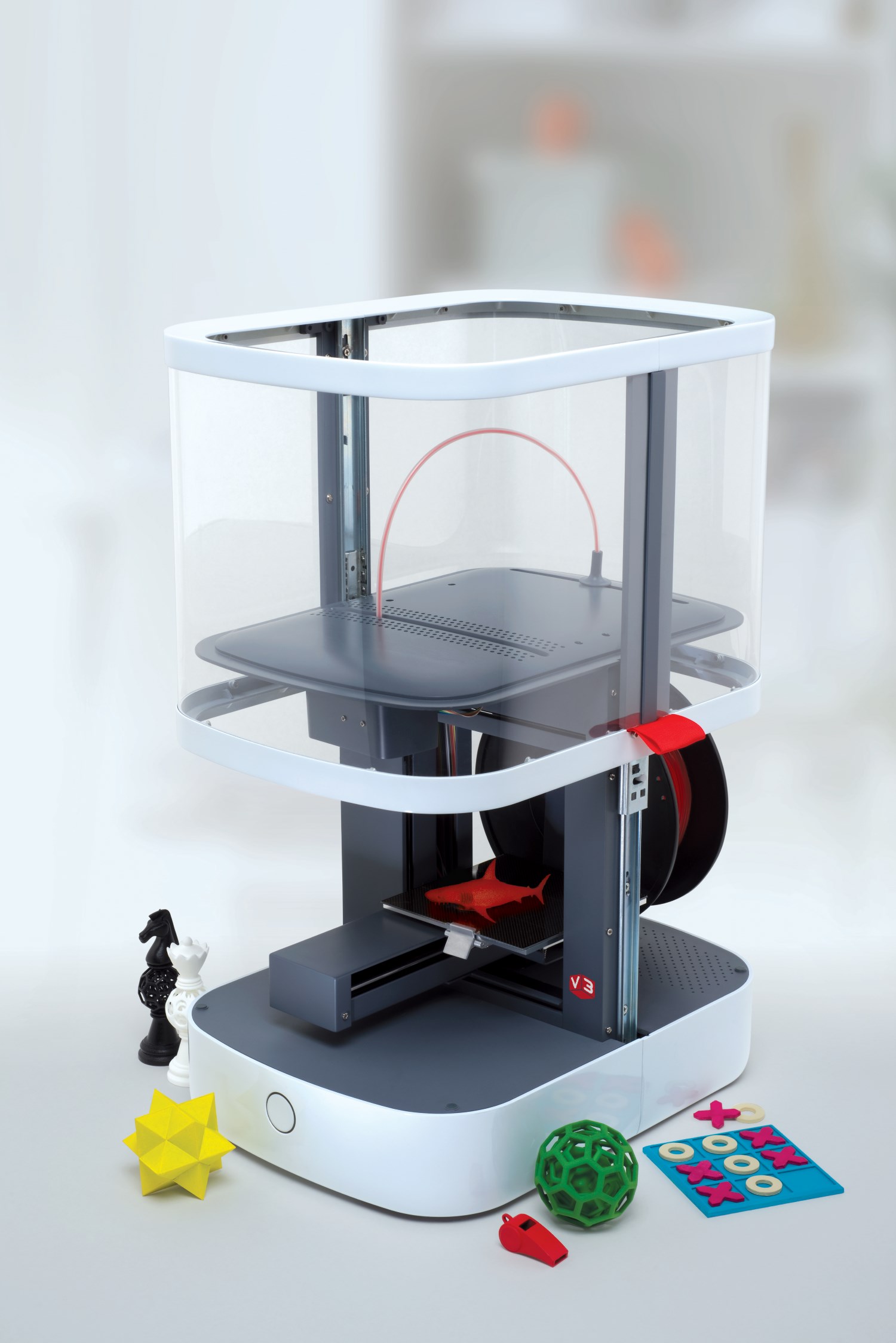
Build your own 3D printer in 90 weekly parts
We've all seen those adverts for partworks allowing you to build a scale model of the Titanic at a cost not far off that of raising the real thing.
Now though UK publisher Eaglemoss Collections is producing a partwork that allows you to produce something a bit more useful. In 90 weekly parts it lets you make your own working 3D printer.
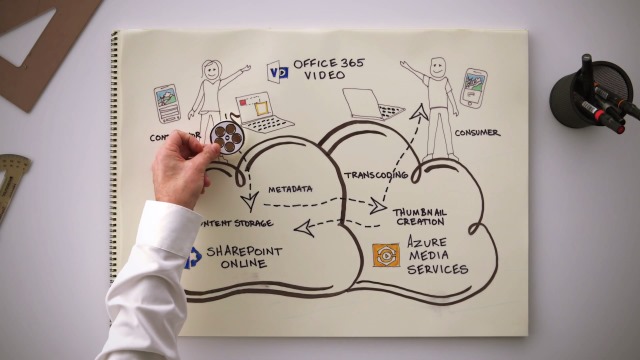
Microsoft unveils Office 365 Video for secure enterprise video sharing and streaming
Microsoft is giving Office 365 users an early glimpse of what it hopes will become the future of enterprise video sharing. Office 365 Video harnesses the power of SharePoint and Azure Media Services to create a tool that gives businesses a one-stop-shop for uploading, sharing, delivering and streaming videos.
A number of possible scenarios are set out by Mark Kashman, a senior product manager in the Office 365 group. From providing employees with access to training videos to delivering CEO messages, this is a flexible tool that has been designed with security and simplicity in mind. Office 365 Video is not expected to launch until early next year, but a sneak peak is available right now.

DGA malware evolves to get past security solutions
Malware developers are constantly shifting the goal posts in order to evade detection mechanisms. Part of this involves changing the domain names used to communicate with command and control servers and spread infections.
The latest trick identified by security company Seculert is the increasing use of Domain Generating Algorithms (DGAs).

81% of businesses set to move from Windows Server 2003 before support ends
A new report shows that the vast majority of businesses who are still running Windows Server 2003 are planning to upgrade before support for the OS ends on 14 July 2015.
This survey comes from Avanade (it was conducted by Vanson Bourne), and found that 63 percent of businesses are still running Server 2003. 81 percent of IT professionals whose company was still using Windows Server 2003 said they would shift from the platform before the deadline next summer.

DDoS attacks fall as defenses improve
New research from DDoS protection specialist Black Lotus shows that cyber attack incidents have continued to decline throughout this year.
There were 201,721 incidents in the third quarter of this year (down from 462,621 in Q1 2014 and 276,447 in Q2). This can be attributed to the security industry's increased knowledge and filtering against NTP DrDoS types of attacks, as well as more proactive activity to stop malicious attacks before or as soon as they're detected.

Jolla teases 'something BIG' is coming
Finnish firm Jolla looks set to release its second smartphone after teasing the release of "something BIG" on its website.
The company, which launched its first foray into the mobile handset market last year, revealed a countdown to a mystery announcement at 11:00 GMT on 19 November.
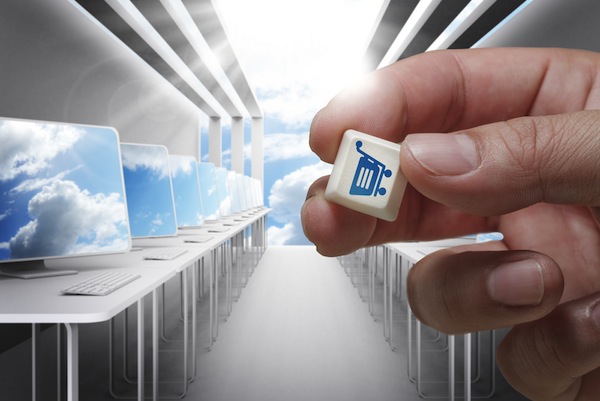
One third of retail security breaches come from third-party vulnerabilities
The past year has seen a number of high profile security breaches involving retail businesses and there’s no sign of the trend slowing down.
Security ratings company BitSight Technologies has released some new research looking at the performance of 300 major US retailers over the past 12 months. It shows that 75 percent of retailers that suffered a data breach have improved their security effectiveness.
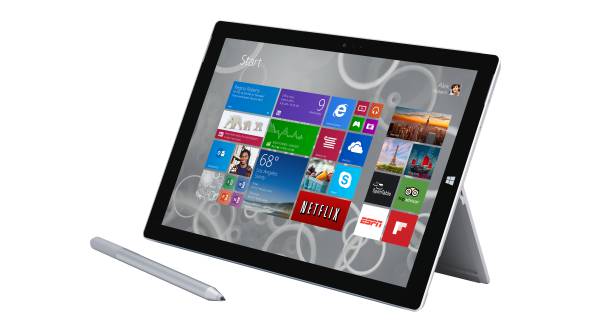
What to expect from upcoming Microsoft Surface Pro 3 firmware update
Since launching Surface Pro 3 in June, Microsoft has released frequent firmware updates -- mostly twice a month -- to fix bugs, update drivers, increase performance, improve stability, and enable support for new features. The entire changelog is rather long, and it will get even longer once the new firmware update, that should likely come this month, is released.
The new Surface Pro 3 firmware update addresses the Bluetooth, home button, stylus and Wi-Fi drivers, as well as UEFI. Through new home button and Surface Pen drivers, Surface Pro 3 should no longer accidentally wake up from sleep while it is being carried or stored.
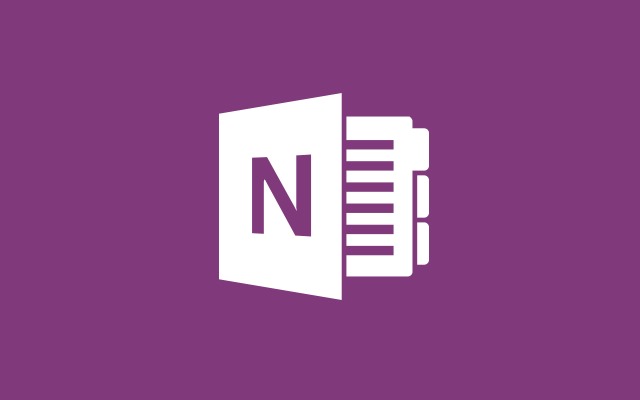
Microsoft gives developers beta access to Bing-powered OneNote Search API
Microsoft has launched a beta version of the OneNote Search API. The API is a collaboration between the OneNote and Bing teams, and has led to the creation of what has been dubbed a "personal search engine for your private notes and memories in the cloud". As the API is powered by Bing, it brings the same power and features to those looking to perform searches in OneNote.
This means that searches can be filtered according to relevance, spelling mistakes are overlooked, and more. Personal indexing means that searches are limited to just those notebooks that a user has access to, and developers are invited to sign up for beta access right now.
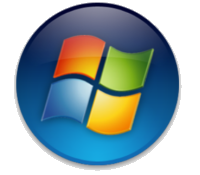
IObit releases Start Menu 8 v2.0 beta
IObit has released a first beta for Start Menu 8 v2.0, its free alternative Start Menu.
The improvements start with more comprehensive searching. Enter a file name and the program now crawls your entire drive for matches, displaying hits wherever they might be.
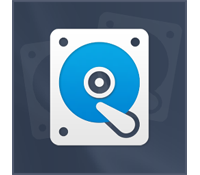
Ashampoo HDD Control 3 adds network monitoring, duplicate file finder tools
Ashampoo has unveiled a major new build of its hard drive maintenance and monitoring tool with the release of Ashampoo HDD Control 3.
The new release adds two major new features: support for monitoring up to three PCs over a network, and an addition to the program’s Clean System component, a tool for locating duplicate files.

Fractal Design Core 3300 Mid Tower ATX case -- Quality and value [Review]
In a world of tablets, the art of building a PC is becoming lost. However, while system-building is less popular than years past, many people still do it -- including myself. Sure, you can probably save money by buying an off-the-shelf Dell or HP, but there is something special about selecting each and every component of your PC -- things like processor, motherboard, and case.
The case is the unsung hero of any build -- it houses your precious components, but does not directly contribute to the overall performance. It is for this reason that many people look to save money and go cheap on a case. This is a mistake, as a case is something you look at often; it should be attractive. Also, while the components inside may change, a good case can be with you over several builds, making it a wise investment. Fractal Design is a company that commands much respect in the system-builder community. The manufacturer's "Core" line of cases provide great quality, while also being affordable. Today, I am looking at the Core 3300 -- a Mid Tower ATX case.



